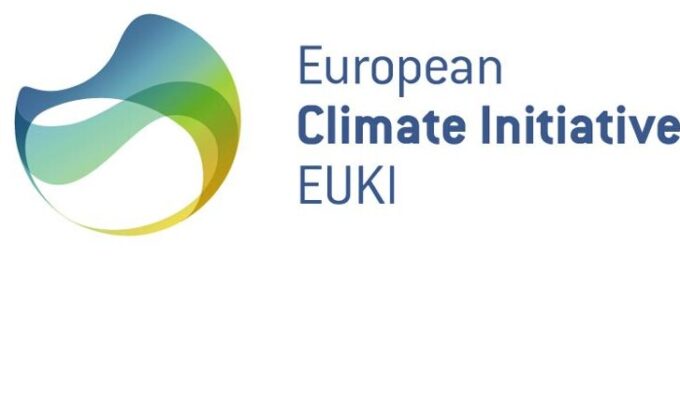



Jakub holds a PhD in economics (Faculty of Economic Sciences at the University of Warsaw, with distinction). He researches the energy transformation of the residential sector, the social consequences of climate policies, inequalities, and energy poverty. He is an expert in the Polish Commissioner for Human Rights climate team. In the past, he was a member of the management committee of the COST Action dedicated to energy poverty in Europe. He is a fan of the poetry of Jacek Świtalski and Tytus Szyluk, Z-class movies and Italian football.



